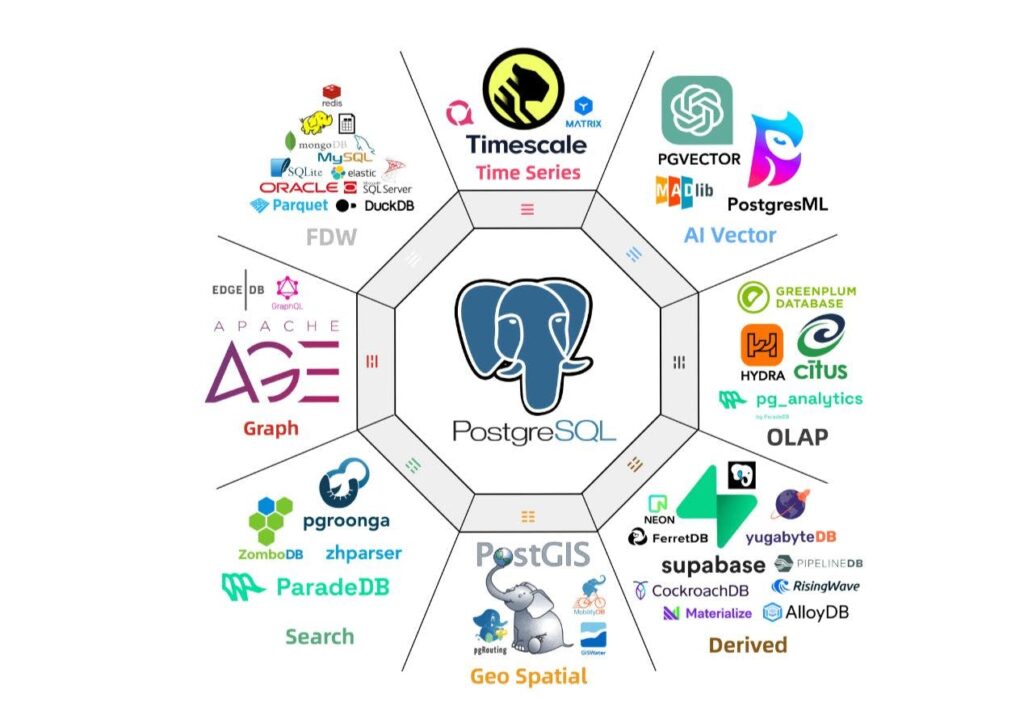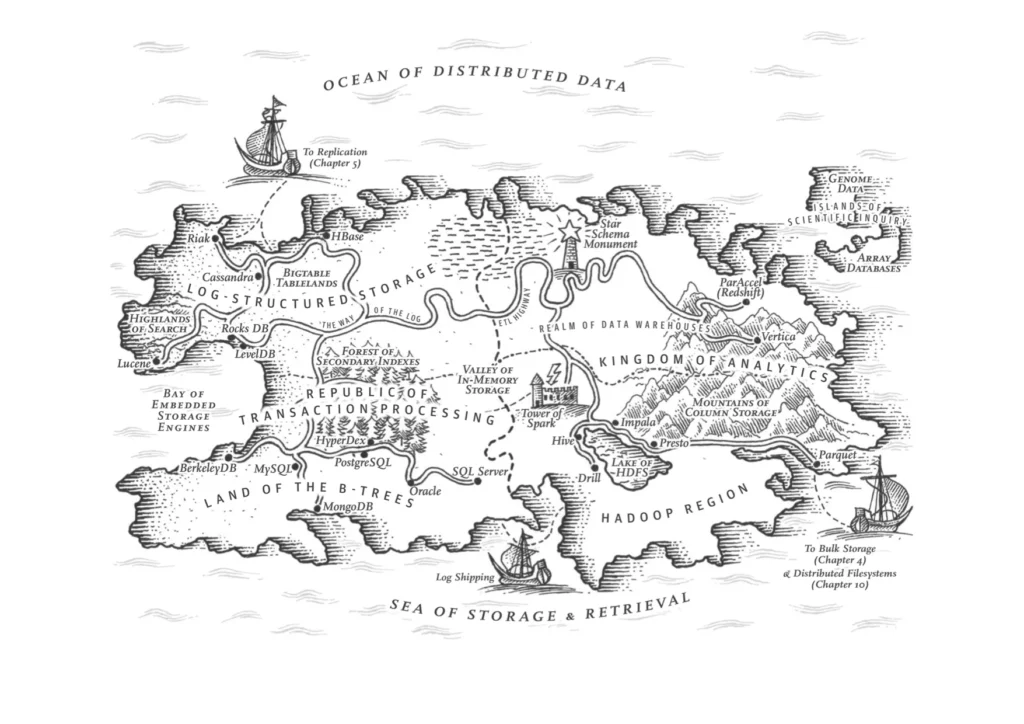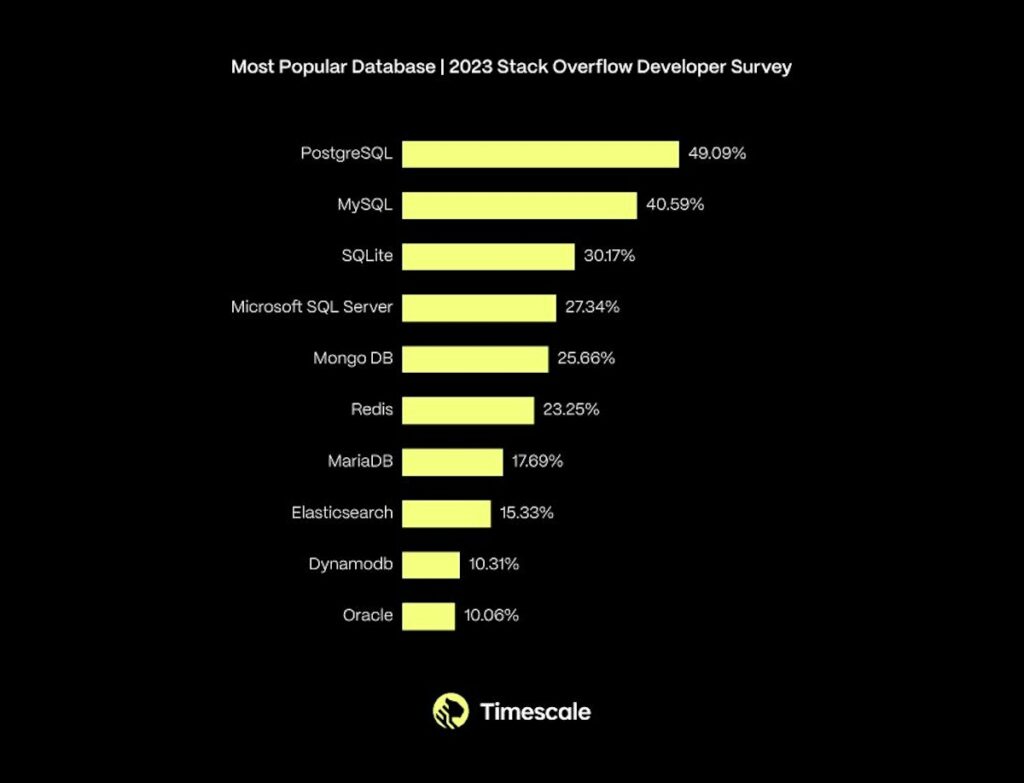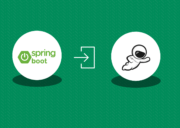
Introduction
In the era of vector databases, AI, and cloud computing, traditional SQL may seem outdated, but this is far from true. PostgreSQL, a resilient open-source database, has emerged as a strong contender in 2024, revitalizing the use of SQL.
SPOILER: No, because just like the Force™ in Star Wars can only fall dormant but never disappear, the SQL language may remain hidden for a while but always comes back into vogue thanks to new (or rather, old but rediscovered) allies like PostgreSQL. But why was it PostgreSQL that brought SQL back into fashion in 2024? Let’s find out together!
Who is PgS(kywalker)QL?
PostgreSQL is likened to a Jedi of open-source databases, showcasing exceptional data management capabilities. Much like Luke Skywalker, PostgreSQL embodies hope and innovation, challenging proprietary technologies. Its strengths lie in flexibility, scalability, and security, making it a reliable ally for various applications.

The Return of PostgreSQL
Initially, relational databases like PostgreSQL didn’t distinguish between OLTP and OLAP. Over time, these distinctions led to multi-database architectures, causing redundancy, maintenance, and cost issues. With the advent of extensions like ParadeDB for scalability and DuckDB for data analysis, PostgreSQL became a unified solution for both OLTP and OLAP, simplifying database management.

PostgreSQL as the Standard
Usage data crowns PostgreSQL as the king of relational databases. Its open-source nature boosts its popularity among developers, as evidenced by Stack Overflow surveys.

Versatility of PostgreSQL
PostgreSQL’s support for extensions allows it to transcend its role as a relational database. Extensions like PostGIS (geospatial), TimescaleDB (time series), hstore (key-value store), AGE (graph database), and pgvector (vector database) turn PostgreSQL into a versatile platform for various data management needs.
Conclusion
PostgreSQL proves that old technologies aren’t obsolete but rather essential for the future of data management. With its robust features and community support, PostgreSQL ensures that SQL remains relevant.
May the force of PgS(kywalker)QL be with you!




